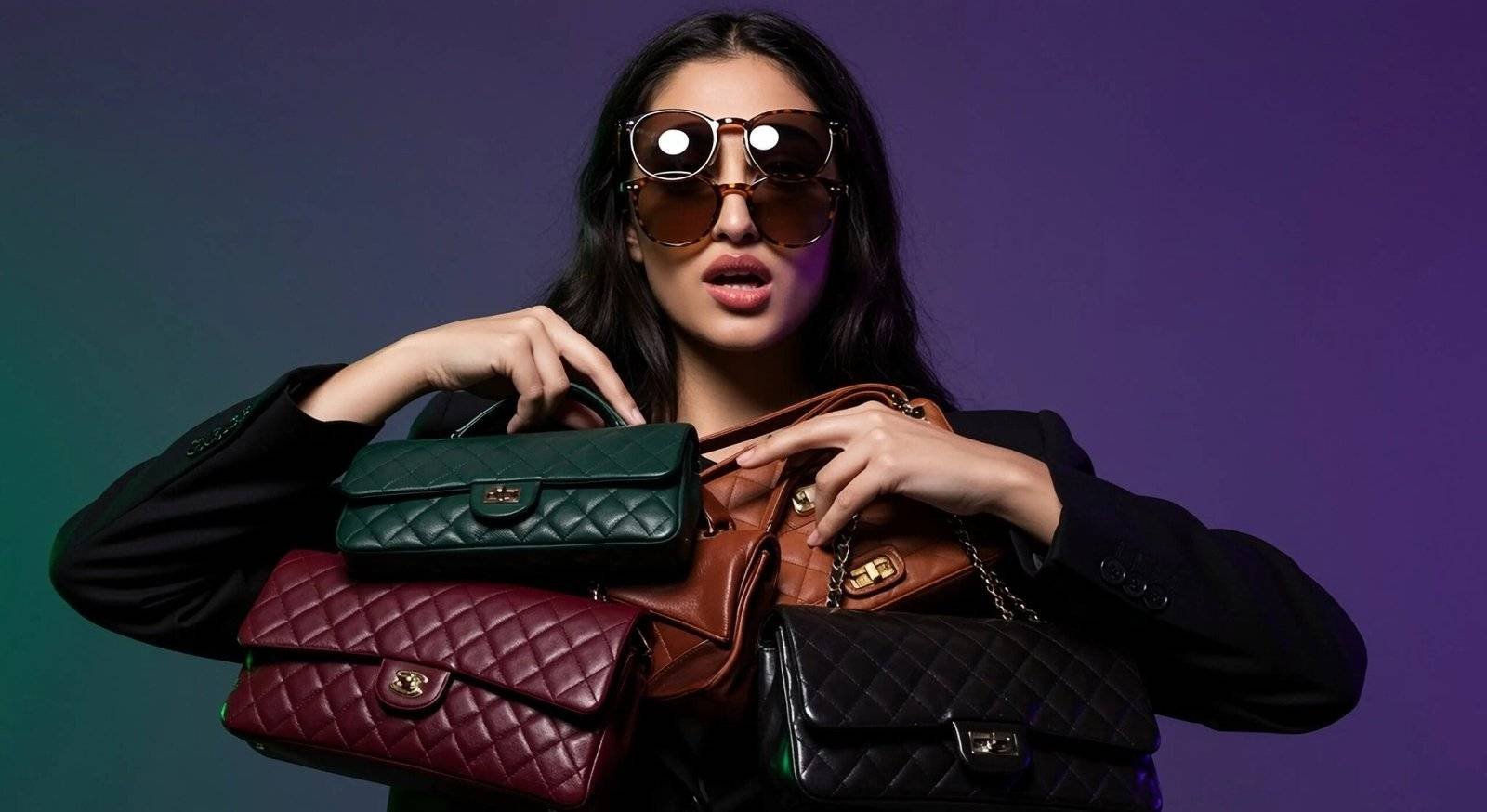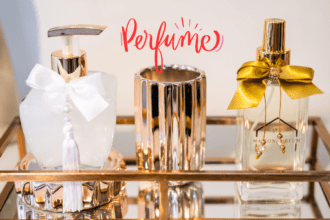The global fashion industry saw evident changes in consumer values over the past two decades. Though new collections from luxury houses still make headlines, increasingly growing numbers turn to the pre-loved luxury fashion market. This trend indicates cultural, economic, and environmental forces that are reorienting fashion consumption across the world.
Companies like Libas Collective belong to this ecosystem offering a marketplace where pre-owned designer items could be appreciated both for their artistry and for their symbolic values toward sustainability.
Understanding Pre-Loved Luxury Fashion
The concept of pre-loved luxury fashion refers to the circulation of designer articles-bags, clothes, or accessories made by top brands. Unlike common resale, this category is about realness, uniqueness, and long attraction. Things like Chanel bags or Gucci bags for women are still wanted long after their first sale which shows their importance in the world’s re-sale economy.
Historical Roots of Luxury Resale
The reuse of clothes has been going on for ages, but as a defined sector, luxury resale is relatively new. From vintage boutiques to consignment stores, space for second-hand goods was mostly an early niche. With the coming of global connectivity and e-commerce, resale now falls under the recognized leg of fashion retail-in possession of both cultural prestige and commercial value.
Social Dimensions of Resale Fashion
Emerging pre-loved luxury has changed the social standpoint, attitude, or perception toward second-hand goods. If before perceived as something done out of necessity, it is now seen as an option being preferred and welcomed by society; second-hand fashion is in style. More particularly by the younger generations who advocate resale as a cultural movement—fashion merged with the values of sustainability and individuality.
From Rarity to Accessibility
Hermès Birkin bags or classic Dior pieces were once viewed as quintessential luxury items meant to be owned by the who’s who, accessible only to the higher echelons. The new wave of resale platforms creates opportunities toward access. Consumers who may not necessarily make a purchase straight out of luxury boutiques are now perusing the second-hand market for authenticated goods carrying just as much clout. This, therefore, proves how preloved fashion has democratized luxury but still holds on to that exclusivity aura.
Trust and Authentication
Buyer confidence is the most critical aspect when talking about second-hand luxury. Counterfeit has always been a problem, but with modern resale platforms strengthening their practices to guarantee authenticity, it is now a standard of market buying and selling authenticated pre-loved fashion.
Authentication, be it through expert-inspection or digital tracking, guarantees consumers as well as safeguarding the value of high-end items. This trust builds a market wherein purchasing second-hand becomes an investment in quality.
Sustainability as a Driving Force
Ecolux is another pillar for the growth of second-hand luxury. The circular fashion economy provides a way to reduce waste by reusing or reselling items rather than throwing them away. High-quality goods made for long use do well in this system and match with the demand for sustainable luxury fashion.
Contribution of Platforms like Libas Collective
Libas is one of the examples that explains how curation and trust play significant roles in this market. As a global resale marketplace, it opens up opportunities for buyers and sellers of pre-owned luxury fashion. The platform is accessible to everyone who wants to list their items individual sellers or established collectors.
With just a 10% commission fee, it has one of the approachable models for resale participation which ensures getting more people engaged in the circular fashion economy.
By focusing on buying and selling authenticated pre-loved fashion, Libas Collective guarantees their shoppers real deals with transparency and reliability. The same approach enhances a larger resale ecosystem by building trust between other consumers too.
Libas Collective, through examples of authenticated pieces and education, drives second-hand luxury to mainstream acceptance while solidifying the cultural and environmental value that resale embodies.
Economic Implications of Pre-Owned Luxury
Luxury resale reflects too larger economic realities. Designer items tend to act as a very tangible asset that does not easily succumb to short-term depreciation. The preservation of value in goods such as authentic pre-owned handbags has positioned them more than mere fashion purchases-considering aspects of lifestyle and investment.
Future Pathways of Resale Fashion
Technological development, demographic changes, and cultural readiness are factors playing the future of the pre-owned luxury market. As digital tools ensure better authentication and global platforms increase access, resale fashion will stay as a long-established component of the luxury sector rather than just a temporary trend.
Conclusion
The second-hand luxury fashion surge relates to the broader transformation of values between ownership, sustainability, and value by society. This represents new consumer priorities, changing cultural acceptance, and renewed economic resilience. In this landscape, Libas Collective steps at the sidelines while narrating stories of authenticity and sustainability. As the second-hand luxury wave keeps growing, it is bound to put an even heavier stamp on modern fashion.
Inclusivity, fair commissions, and community-driven trust are the three basic elements that Libas has proven to pave the way for accessible and sustainable second-hand fashion. As cultural attitudes tilt more towards conscious consumption, luxury goods reselling serves to prove how icons of past times continue their relevance in modern environmentally aware fashion landscapes.





